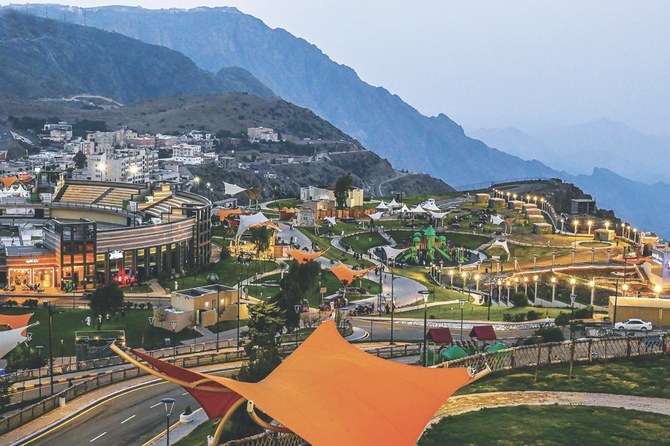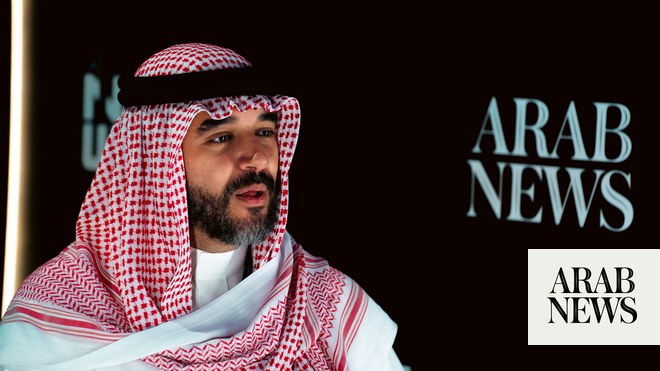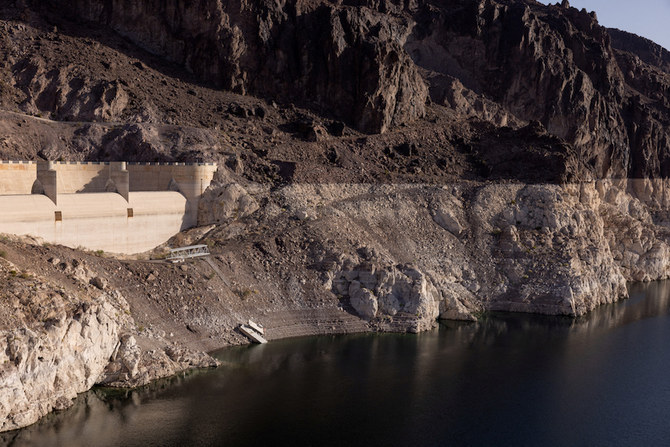
Last year was a big one in terms of global politics, not least because of the US midterm congressional elections in November. But 2023 will be a huge year for elections as well, and the international markets are already looking ahead to a wide range of eye-catching polls in so-called “middle powers” around the world, including Turkiye, Thailand, Poland and Pakistan.
Middle powers are states such as Australia, Argentina, Italy and Indonesia that are not great powers in the tradition of the US, for example, but nevertheless enjoy significant influence and international recognition. In the coming 12 months there will be a wide range of pivotal elections in such nations.
Take, for example, the Asia-Pacific region, where there will be much-anticipated national elections in Bangladesh, Thailand, Pakistan, Myanmar and Cambodia.
In Pakistan, former Prime Minister Imran Khan has embarked on a high-stakes attempt to force the government to hold the next general election, which is due to take place around early October, earlier than planned. His move threatens to plunge Pakistan, which has a population of about 230 million and is already struggling with a financial crisis, even deeper into political turmoil.
This year’s election in Myanmar, meanwhile, will be the first since the February 2021 coup that ousted democratically elected members of the country’s ruling party, the National League for Democracy, including President Win Myint. Since then, the military has ruled the country, and its population of about 55 million, under a state of emergency imposed by Acting President Myint Swe for a maximum of two years. A date has yet to be set for the election.
While significant political change could therefore be on the horizon in Myanmar, such a scenario appears a less likely outcome for the 18 million people in Cambodia when its general election is held in July. It is believed that longstanding leader Hun Sen, who has been prime minister of the country and its predecessor states for almost four decades, will seek another term in office.
When Thailand, which has a population of 70 million, goes to the polls in May, Prime Minister Prayut Chan-O-Cha will seek another term, leading the newly created United Thai Nation Party. He came to power as army chief in a 2014 coup and cemented his position with a controversial election win in 2019, but his popularity has been in the doldrums.
Another leader who appears to be seeking a new mandate is Bangladeshi Prime Minister Sheikh Hasina. She will want further ballot success for the Awami League in the country of approximately 165 million people, where the date of the next general election has been set for January 2024. While she has won plaudits internationally for resettling hundreds of thousands of Rohingya refugees from Myanmar, her government has been criticized for what is perceived as its increasingly authoritarian rule.
The likely outcomes of the high-profile elections are not clear cut. What we can say for certain is that collectively they will not only shape domestic politics and international relations but also the global economic and financial landscape well into the 2020s — and potentially beyond.
Andrew Hammond
Another reason why the eyes of much of the world will be on Asia-Pacific this year for political reasons is that India will host the G20 summit. The timing of this, ahead of India’s own general election in 2024, could help to bolster Prime Minister Narendra Modi’s growing reputation in the country of more than a billion people as a leader of international stature.
The political action this year will not be limited to the Asia-Pacific. One particularly noteworthy election will take place in June in Turkiye, a country of almost 85 million people, and could herald the end of the two-decade “Erdogan era,” which began in 2003 with Recep Tayyip Erdogan’s election as prime minister before later assuming the presidency.
Other key ballots in 2023 include the Nigerian general election in February, and the national ballots in Spain (December) and Poland (due in the fall).
In Nigeria, which with a population of almost 220 million people is known as the “Giant of Africa,” incumbent President Muhammadu Buhari is term-limited and so cannot seek reelection.
In Spain, the fourth-largest economy in the EU and a key G20 state that has a population of about 50 million, socialist Prime Minister Pedro Sanchez is seeking a new term. However, he faces a strong challenge from a rejuvenated right-of-center People’s Party that is keen to return to power.
The vote in Poland, a country of almost 40 million people, largely will be shaped by the war in Ukraine. But one other noteworthy aspect of the election is the attempted return to parliament of the former president of the European Council, Donald Tusk, who before taking that top job in Brussels served as Poland’s prime minister.
Turning to the Americas, the standout election there is the presidential election and vote for members of the national legislature in Argentina in October. President Alberto Fernandez is eligible for a second term, but his popularity has declined and his ruling coalition was badly defeated in the midterm legislative elections in the nation of 45 million people.
The likely outcomes of all these high-profile elections are not clear cut. What we can say for certain is that collectively they will not only shape domestic politics and international relations but also the global economic and financial landscape well into the 2020s — and potentially beyond.
Andrew Hammond is an associate at LSE IDEAS at the London School of Economics.












